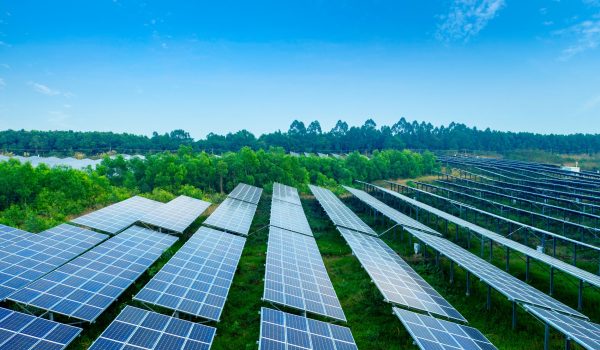The producer’s perspective on e-waste management
Urbanization, economic growth, advances in technology and consumerism have not only improved people’s lives, but have also contributed to the creation of a waste stream called electronic waste (e-waste). India, the third largest producer of e-waste in the world, faces concerns over e-waste management. The Government of India puts the producer of electronic products at the center of formal e-waste management through their laws and regulations.
This research focuses on producers as stakeholders in e-waste management. An analysis was conducted of in-depth interviews with six experts from organizations that produce electronic products. These analyzes explore producers’ perspectives on e-waste management. In addition, the research provides a preliminary improvement in the barriers and factors that producers changed or changed by managing the electronic waste. The study makes favorable to the producer and government favorable to policy making. An overview of the barriers, changed factors and policy recommendations can be found in the appendix.
Other relevant publications
The role of extended producer pesponsibility (EPR) in the energy transition
Analysis of the implementation of EPR for batteries in electric vehicles, solar panels, and wind turbines
Report collection for reuse at recycling centers
This report analyzes pilot projects in the municipalities of Amersfoort and Zwolle aimed at promoting the reuse of electrical appliances through recycling centers.
 Lees hier het volledige artikel!
Lees hier het volledige artikel!






